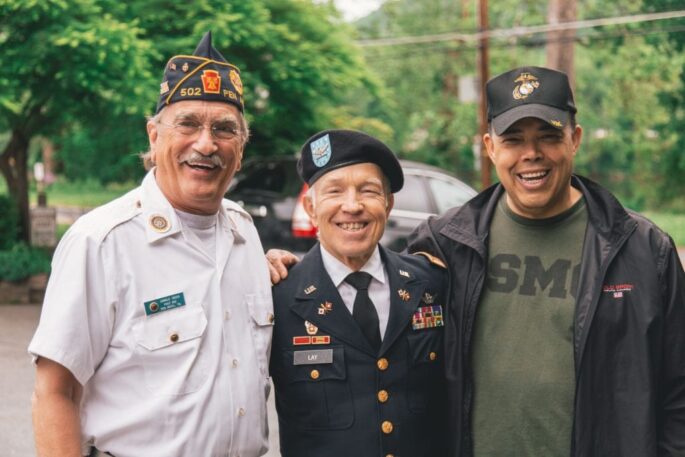All Americans believe that older adults, especially veterans and their loved ones, should receive quality care with dignity. Horrifyingly, we have documented many cases of nursing home abuse among military veterans, shining a light in dark places to expose the truth.
Similar to the thousands of nursing home abuse victims waiting for justice, the victims of Camp Lejeune water contamination have waited decades to get the help they need.
Last year, President Joe Biden signed the Honoring Our Promise to Address Comprehensive Toxics (PACT) Act, which includes the Camp Lejeune Justice Act of 2022. Finally, after a decades-long battle, Camp Lejeune water contamination victims have been able to get justice.
As we reflect on the anniversary of the historic law’s signing, we encourage more veterans who live in nursing homes and their families to access the compensation they deserve. You or a loved one might be eligible for compensation if you were exposed to the toxic water for at least 30 days between 1953 and 1987.
What Happened at Camp Lejeune?
U.S. Marine Corps Base Camp Lejeune, located in North Carolina, is the largest Marine Corps base on the East Coast. From the 1950s through the 1980s, the drinking water at Camp Lejeune was contaminated with deadly chemicals.
During that time, nearly 1 million people — including Marines, civilian workers, and their families — drank, bathed in, cooked with, and swam in the toxic water. Many got sick and died – even babies and young children.
Camp Lejeune health problems include:
Cancers
- Adult leukemia
- Bladder cancer
- Kidney cancer
- Liver cancer
- Multiple myeloma
- Non-Hodgkin’s lymphoma
Birth Issues
- Fetal death
- Low birth weight
- Major congenital malformations
- Miscarriage
- Neural tube defects
- Oral cleft defects (including cleft lip)
Other Conditions
- Aplastic anemia and other myelodysplastic syndromes
- Heart disease
- Neurological effects
- Parkinson’s disease
However, for decades, victims had no legal rights since the illnesses were considered to be related to military service. Thus, the government could not be sued.
This has finally changed thanks to the Camp Lejeune Justice Act of 2022. Many who got sick from Camp Lejeune water contamination can now pursue justice and financial aid — including older veterans who require nursing home care due to their illnesses.
What Does the Camp Lejeune Justice Act Mean for Victims?
Prior to the PACT Act, thousands of veterans were denied or delayed benefits from the U.S. Department of Veterans Affairs (VA) for illnesses linked to Camp Lejeune’s contaminated water.
Additionally, victims could not file Camp Lejeune water contamination lawsuits, which may have gotten them the money they needed. These funds could have paid for health care (including stays in nursing homes), pain and suffering from severe illnesses, or funeral expenses to bury a loved one.
This left too many people with little to no relief as they battled life-threatening illnesses or watched loved ones die.
The Camp Lejeune Justice Act opened up two avenues — VA benefits and lawsuits — for victims to get financial compensation. Victims and families can take comfort in knowing their voices are finally heard since they now have legal recourse.
In fact, the VA is offering 12 months of backdated benefits compensation if veterans or their surviving family members submit claims by August 14, 2023.
Pursue Camp Lejeune Justice Today
The Camp Lejeune Justice Act is critical for veterans now in nursing homes and assisted living facilities, allowing them to get the financial aid they deserve.
Sadly, many of our nation’s bravest have ended up in facilities that do not meet basic quality standards. The Camp Lejeune Justice Act could provide the financial resources you need to move your loved one into a higher-quality care facility, reducing the chances of nursing home abuse or neglect.
The act also impacts surviving military spouses or dependent family members, and they may have new legal options available. Additionally, parents who lost a child between the 1950s and the 1980s may finally be able to get justice.
Talk to your loved one if they lived or worked at Camp Lejeune and later got sick. They may be unaware of this news — news they’ve been waiting for decades to come to fruition.

 File a Camp Lejeune Water Claim
File a Camp Lejeune Water Claim